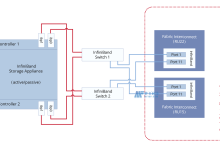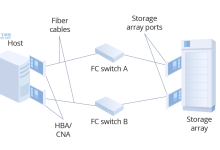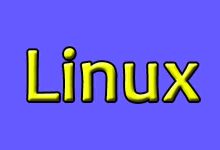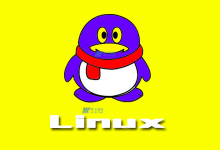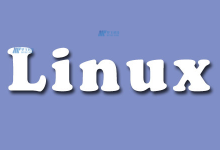TTY (teletype), also known as console or text-only terminal, is a program running on linux that allows users to connect to a remote server and execute a shell session with a text-based interface. First introduced into Internet Relay Chat (IRC) in the mid 1980s’, TTY has been widely used in Linux operating system ever since.
The magic of TTY lies in its flexibility to handle various tasks. It can be used to manage remote servers, carry out commands, monitor important logs, exchange files and even issue diagnostics. For system administrators, TTY provides an efficient way to work with remote systems and manage system processes.
Using TTY, administrators can access their systems directly through SSH (Secure Shell). SSH allows users to securely log into a remote machine with a username and password. Through this, they can control and monitor the target machine from their own client machine. SSH is widely used for secure file transfer and secure remote management. It encrypts the data transferred between two points and offers better security than traditional protocols.
With the help of a terminal multiplexer such as Tmux and Screen, TTY can also be used for multiplexing, which enables multiple terminals to be used separately and simultaneously. Nowadays, many GUI-based system management tools also make use of TTY’s multiplexing capability.
Apart from accessing the remote server and executing commands, administrators can also view the system’s log files and vital statistics with the help of TTY. Administrators can even observe the activity going on in their systems while they are logged in by means of TTY. This makes the task of monitoring and managing a system much easier.
Besides, other utilities such as tail, grep and bash scripting allow system administrators to perform search in log files, look for any errors, shut down executing processes and alert users of any incidents. Finally, for exchange of files between different systems, FTP clients such as FileZilla and WinSCP can be used along with TTY.
In a nutshell, the power of TTY lies in its multi-functional capabilities that provide a range of options for system administrators to manage their systems without much difficulty. Its wide range of services, high flexibility, better security and efficient data-exchange make it a vital part of effective system management.

 国外主机测评 - 国外VPS,国外服务器,国外云服务器,测评及优惠码
国外主机测评 - 国外VPS,国外服务器,国外云服务器,测评及优惠码


